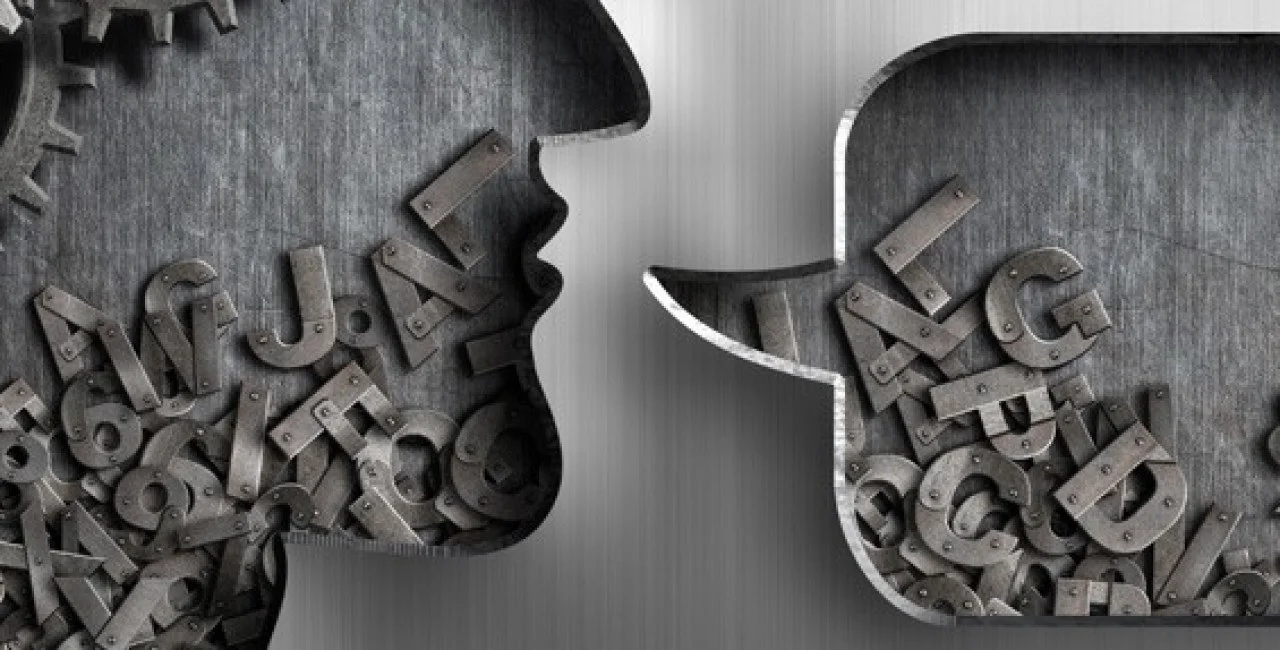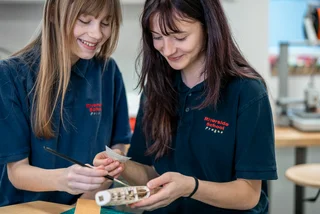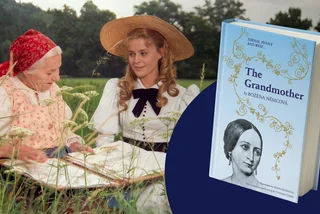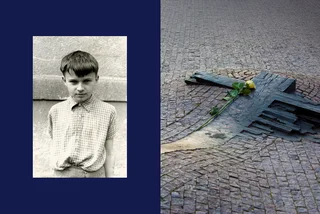Written by David Creighton
For Expats.cz
To take your shoes off or not when visiting friends? Should you say hello to people in lifts? These might not seem the most obvious things to ask about when considering dos and don´ts in your own country, but of course things which you don´t even think about at home can be a big issue elsewhere. Here is a list of the most common pitfalls to be aware of.
PARTNER ARTICLE
1. Meeting, greeting and saying goodbye.
One of the things you´ll immediately notice in the Czech Republic is that people say hello and goodbye to complete strangers in various situations, and if you come from an English-speaking country this can take a little getting used to.
For example, if you enter or leave a shop you should say Dobrý den/Dobrý večer (Hello/Good Evening) or Na schledanou (Goodbye) respectively. Obviously in larger shops such as hypermarkets you don´t need to greet people as you enter, but you should certainly acknowledge the person at the counter. And if you´re sharing a table with strangers in a restaurant or pub it´s common courtesy to greet the people sitting there. The same goes for lifts, and also compartments in trains. And in some ordinary trains, which usually don´t have compartments, you´ll notice people saying goodbye to each other if they´ve had some form of contact, whether it be a brief conversation or if one person has helped another in some way, e.g. with a suitcase.
The idea behind all this is that you´ve acknowledged somebody´s presence in an enclosed space, and it´s quite polite when you think about it. Although it will feel strange at the beginning, soon it becomes a reflex, and when you go back to your home country you´ll find you´ll have to stop yourself doing it automatically when entering a shop, lift etc.
When it comes to comes to physical contact you´ll notice that Czechs tend to shake hands a lot, and the more touchy-feely approach to meeting and greeting common in Mediterranean countries is not usual here. Shaking hands is a standard form of greeting. It´s also usual when saying goodbye.
2. The footwear question
The Czech obsession with taking your shoes off indoors and then selecting appropriate footwear for wearing inside the house could form the basis of years of scientific study. You´re bound to come across this trait, so it´s important to know what to do. Basically you should take off your outdoor shoes when entering a Czech flat or house. Your host may tell you it´s okay, not to worry, but it´s normal practice to change your footwear. Even if you´re told to keep your shoes on you should at least go through the motions of taking them off – it shows good manners.
Your Czech hosts will have rows and rows of indoor footwear neatly arranged near the front door or in a box for shoes called a botník. They´ll offer you indoor something to put on your feet, often sandal-like footwear. Sometimes people wear indoor footwear at work too.
3. Visiting
The etiquette for visiting friends for a meal or similar situations is broadly similar to that in other countries, although there are certain points to bear in mind. A suitable gift could be some chocolates or other food item, or a bottle of wine. Flowers, especially roses, might be a bit a less safe option given their romantic connotations. If however you think it´s acceptable to bring flowers, avoid buying an even number of stems or chrysanthemums – traditionally they are put on graves.
If you have guests, it´s considered polite to open their gift straight way.
When to leave after visiting very much depends on the situation, but don´t stay too long into the evening. Around 10pm might be considered a suitable time to be on the safe side.
4. Food and drink
As with visiting, food and drink traditions are similar to the UK, although
When eating you should always wish your fellow diners dobrou chut´ .There is no equivalent to this term in English, although Bon Apetit is the closest. It´s a good idea to praise the food and to take a second helping (even if you feel full).
In cheaper restaurants napkins are little more than scraps of paper. It´s usual to leave them on your plate after you´ve finished the meal. In more sophisticated establishments the napkin is more substantial (made of cloth) and its usual to put it on your lap and then leave it on the table at the end of the meal.
The common toast is Na zdraví! (To your health!). You´re supposed to look into the eyes of the person you are toasting.
If you have guests, when refilling wine glasses you could ask whether the person wants more wine before replenishing their glass.
5. Titles and Names
Like the rest of former Habsburg Europe, Czechs are obsessive about academic titles, and take every opportunity to let people know if they are magistr, inženýr or whatever. Knowing how to use the titles can be quite baffling, and I still get confused about how to address people. But the main thing is that you should be aware of the Czech predilection for academic titles – forearmed is forewarned. If in doubt ask a Czech to help you choose the right form of address.
Related to this is the issue of using formal address. Like many other European languages, Czech has a formal and informal form of address, like German Du and Sie and French Tu and Vous. Actually knowing when to use ty (you – informal) and vy (you – formal) can be complex – you may have worked with a person for years and know them well, but still refer to them formally. But to be on the safe side always use vy until the other person says the more informal term can be used.
Editors note: There are many other elements that could be added to this article, so we kindly ask members of our community to send their own tips and advice for inclusion to manners@expats.cz – thank you!
MORE TIPS from Expats Members:
– Maybe this is an obvious one, but I never learned to do it in the states. You always need to offer your friends, even very good friends, tea, coffee or water. To be super polite you should always have tea or coffee in the house even if you don´t drink it. After taking off their shoes it is polite to ask if they want coffee or tea or something to drink When visiting it is not rude to decline the offer.
– This is kinda of amusing now but it was very embarrassing for my boyfriend when he told me. I guess it could be considered rude come to think of it, but in Toronto I see people do it all the time. He was out for dinner with a bunch of work friends and he was addressing everyone….so of course everyone was listening. A new beer had arrived on the table and he had a few sips left of his old one….so instead of finishing the warm remains of the first one and moving on….he poured the old one into the new cold one and held it up as a toast. Everyone kinda looks away embarrassed and he knew he had done something wrong right away. HAHA. So I guess suffice to say it is extrememly rude to mix your beers.
– When giving flowers, I found out that you never giver a Czech flowers with the paper still on it. You always remove the paper before handing the person their flowers.
– This is an odd one, but in the usa, sniffling due to a cold or breathing trouble is no big deal, whereas public nose blowing is rather frowned upon. in czech it is the opposite. sniffling is considered extremely bad manners, whereas people might blow their nose mid sentence. carry tissues at all times.












 Reading time: 6 minutes
Reading time: 6 minutes 
























